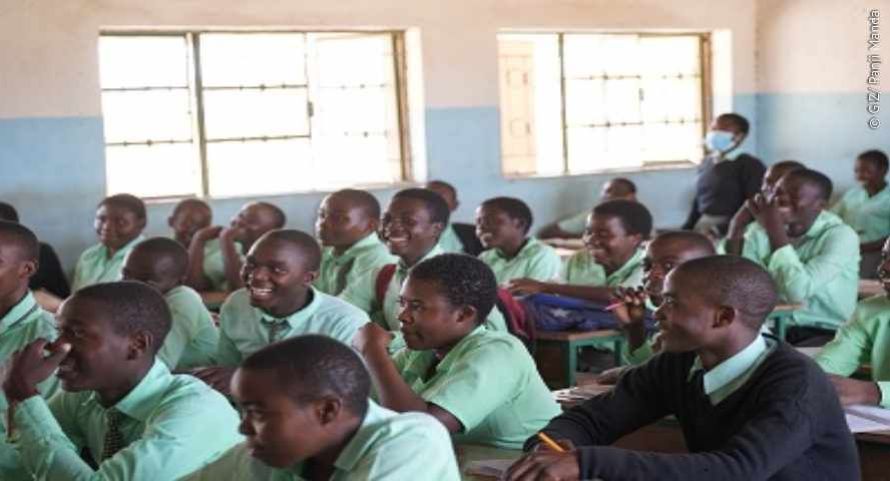Electricity for IT rooms in five schools

The challenge
The gap in various quality of life and livelihood indicators between urban and rural areas in Zambia is wide. This also applies to the supply of electricity. Rural areas are the home to 60 percent of the population in Zambia, and only four percent have access to electricity. As a result, the rural population is excluded from basic services from health care to education. Without electricity, schoolchildren can neither acquire basic IT skills nor access the Internet, which diminishes their future prospects. This particularly affects students in the eastern Chipangali district, which lies 650 kilometers east of the capital on the border with Malawi.
The goal
In order to improve educational opportunities for students in this district, Pamodzi Ndi Ana (PNA), a non-governmental organisation (NGO), wants to equip five schools with IT rooms by purchasing computers, monitors and equipment, and installing photovoltaic systems to provide electricity for this equipment. The measures are expected to benefit not only around 2,400 students, but also 15 teachers and the local population.
Our partners
PNA has been working for women, children and young people in eastern Zambia since 2006. The founders of the organization possess years of experience in international development cooperation. The NGO has already implemented an EU-funded project to improve access to education, electricity and sanitation in 26 community schools in the Chipata district. For the implementation of the small-scale project, PNA works closely with the District Education Office Secretary (DEBS) Chipangali, which is the local directorate of the Ministry of General Education. As third party beneficials, one primary and four secondary schools have been selected.
The approach
In order to improve the level of education at the five selected schools, PNA will equip them with a total of 15 computers, five printers and five projectors, and connect the schools’ five IT rooms to the Internet. To facilitate power supply, PNA plans to purchase one photovoltaic system per school. In order to design these systems according to demand and to install them professionally, PNA plans to cooperate with a specialized company, which will subsequently also maintain and service the PV systems. In addition, at least two people per site will be trained in the technical basics of maintaining and monitoring the solar systems, and one responsible person will be assigned responsibility for each IT room. The villagers will also participate in the construction of the IT rooms. To improve the situation of the teachers, 15 residential houses provided by the schools will also be equipped with 12-volt systems including batteries on a pre-paid basis. In this way, the project aims to improve the housing situation for the teachers, and thus the quality of teaching. In addition to their school use, the IT rooms will also be available to local residents as a public IT service. People from the village will be able to reliably surf the Internet, charge cell phones, print, scan and access information and communications technology unlike before.
Chipangali-District
Social Infrastructure & Training and Awareness Raising
Pupils, teachers, local population
12/2021 – 04/2023



